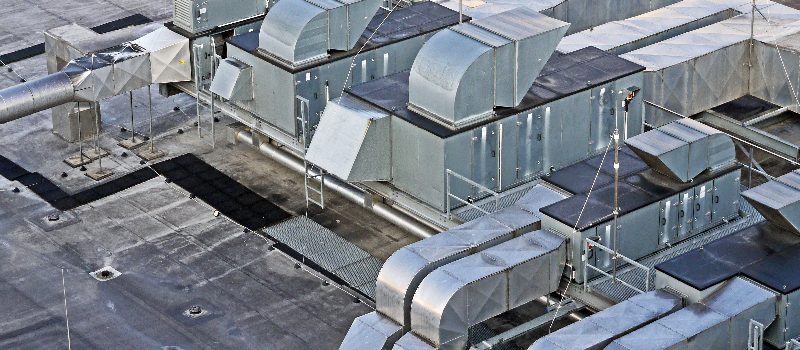How Do Heat Pumps Work and Why Use Them
Do you want to get commercial heat pump quotes? We would love to hear about your requirements and preferences.
Heat pumps are used to pump or move heat between two places. They use a compressor and a circulating structure of liquid and gas refrigerant. The heat is then extracted from outside and pumped indoors. There are many benefits to heat pumps for your Seattle or Tacoma properties. Heating the business with heat pumps uses less electricity than when electricity is used to convert it. The cycle can be reversed during Seattle/Tacoma summers and the unit acts as an air conditioner.
The popularity of heat pumps is increasing in the US.
In a most recent special report, the International Energy Agency stresses that no new boilers should be sold after 2025. If Net Zero goals need to be met by 2050, then this is a must. Heat pumps are expected to be a better, lower-carbon option for heating commercial business soon.
Combining heat pumps with solar panels can make your commercial business eco-friendlier and more self-sufficient. A properly designed heat pump can deliver more efficiency.
What is the cost of heat pumps?
The installation cost of heat pumps is usually prohibitive. However, prices for other heat pumps will vary. Heat pumps running costs will vary based on the size of your business, how well it is insulated and what its insulation capabilities are.
It's essential that a heat pump system be installed correctly. The installer will need to explain the best settings, as there are differences in the heat output and the running time.
What are the pros and cons of commercial/industrial heat pumps?
Before you make a purchase decision on a Seattle heat pump system, be sure to learn about heat pump upsides and downsides. Heat pumps are a great investment, but there are also many disadvantages that homeowners need to consider.
7 Benefits of Heat Pumps:
1) Lower running costs
2) Maintenance is less
3) Safety improvements
4) Carbon emissions are reduced
5) Provides cooling
6) Longevity
7 Heat Pump Advantages
Low running costs
Heat pumps are more cost-effective than systems that rely on combustion. Long-term energy savings are greater for systems that are more efficient than those that use combustion.
Maintenance is less
Heat pumps are less expensive to maintain than combustion heating systems. You can check the system once a year. Professional installers, however, must inspect the system every three to five years.
Safety improvements
Heat pumps are safer than traditional combustion-based heating systems. They are safer than other heating systems because they do not require fuel to produce heat.
Carbon emissions are reduced
The heat pump system reduces carbon emissions. It has a efficient conversion rate of energy to heat. water-source heat pumps have a high efficiency.
Provides cooling
Heat pumps can reverse the process during warm periods and act as an ac unit. The summer heat can be easily switched to cooling mode by switching to an air-to-air heat pump.
Long life span
Heat pumps have a lifespan, up to 50 years. However, the average lifespan is between 14 and 15. These numbers are not surprising, as they provide a reliable and consistent source of heat.

